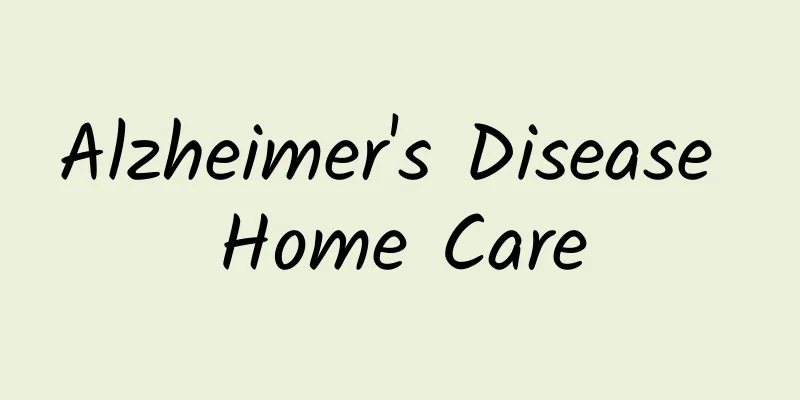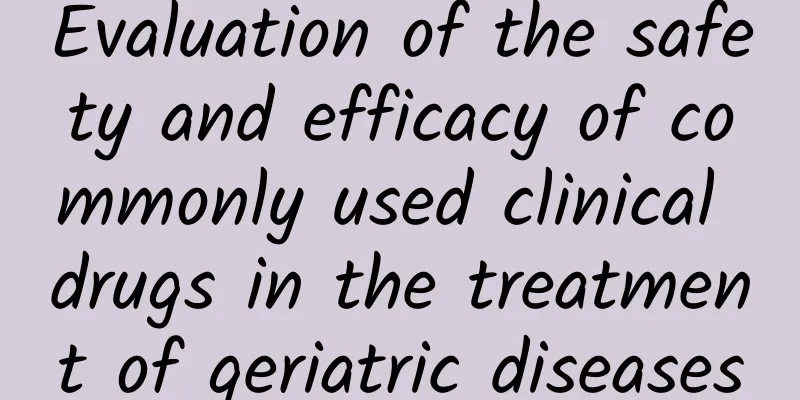Hydroxychloroquine + azithromycin to treat COVID-19? Be careful of liver damage!

|
During the COVID-19 pandemic, various information about epidemic prevention and control was flying around. Two days ago, an Internet user with the username of Doctor X suggested taking "azithromycin" and "hydroxychloroquine" to relieve symptoms of COVID-19 infection, such as body aches. Many people regarded this content as a life-saving guide and forwarded it one after another. But in fact, this recommendation is wrong and has long been denied by the scientific community. 01 Hydroxychloroquine: Ineffective and harmful Let’s talk about hydroxychloroquine first. Hydroxychloroquine is a drug for treating malaria and autoimmune diseases. In the early days of the COVID-19 epidemic, it was recommended by some medical staff for the treatment of the new coronavirus. It even received the endorsement of former US President Trump, and became a "star drug" for the treatment of COVID-19. However, the World Health Organization issued a statement in March 2021 stating that hydroxychloroquine is not recommended for the prevention or treatment of COVID-19 infection[1]. The World Health Organization's conclusion is based on data from six clinical trials involving more than 6,000 participants, which found that hydroxychloroquine did not reduce the mortality rate of hospitalized COVID-19 patients. Not only is it ineffective, but hydroxychloroquine also brings various side effects, such as arrhythmias, liver and kidney damage, vascular and lymphatic diseases, etc. The evidence-based medicine website Cochrane also confirmed the World Health Organization's statement [2]. There is sufficient medical evidence to prove that hydroxychloroquine can neither reduce the mortality rate of COVID-19 infection nor reduce the risk of endotracheal intubation in COVID-19 patients. Intubation generally means that the patient has developed into a critical condition; failure to reduce the risk of endotracheal intubation means that the risk of developing into a critical condition cannot be reduced. 02 Azithromycin: It's an antibacterial drug! Let’s look at azithromycin. Azithromycin is a macrolide antibacterial drug. "Antibacterial" and "antibacterial" are mainly targeted at bacteria, not viruses. Azithromycin is not as well-known as hydroxychloroquine, but in the early days of the epidemic, some scientists also believed that it was a potential antiviral drug. Three years later, multiple clinical trials have proven that azithromycin can neither relieve symptoms in non-hospitalized mild COVID-19 patients[3] nor improve symptoms in hospitalized COVID-19 patients[4]. Similar to hydroxychloroquine, azithromycin cannot relieve symptoms and may cause side effects, the most common of which are palpitations, chest pain, indigestion, flatulence, and vomiting. 03 in conclusion Therefore, recommending the use of "hydroxychloroquine" and "azithromycin" to treat COVID-19 is not only outdated, but also harmful. This kind of irresponsible "popular science" can still be spread on a large scale, which makes people worry. We urge everyone to continue to obtain scientific information on the prevention and control of COVID-19 from reliable official and authoritative channels, and while completing the full course of vaccination, continue to take personal protective measures such as frequent hand washing and maintaining social distance to ensure the health and safety of yourself and your family and friends. References: [1] World Health Organization. Coronavirus disease (COVID-19): Hydroxychloroquine. 30 April 2021: https://www.who.int/news-room/questions-and-answers/item/coronavirus-disease-(covid-19)-hydroxychloroquine [2] Cochrane. Is chloroquine or hydroxychloroquine useful in treating people with COVID-19, or in preventing infection in people who have been exposed to the virus? https://www.cochrane.org/news/chloroquine-or-hydroxychloroquine-useful-treating-people-covid-19-or-preventing-infection [3] Oldenburg CE, Pinsky BA, Brogdon J, et al. Effect of Oral Azithromycin vs Placebo on COVID-19 Symptoms in Outpatients With SARS-CoV-2 Infection: A Randomized Clinical Trial. JAMA. 2021;326(6):490–498. [4] Gyselinck I, Liesenborghs L, Belmans A, et al. Azithromycin for treatment of hospitalized COVID-19 patients: a randomized, multicentre, open-label clinical trial (DAWn-AZITHRO). ERJ Open Res. 2022 Feb 28;8(1):00610-2021. Author: Ding Chao, Physician at the Cancer Hospital of University of Chinese Academy of Sciences Review | Li Dongzeng, Chief Physician, Department of Infectious Diseases, Beijing You'an Hospital, Capital Medical University |
<<: Ofcom: Children and parents media use and attitudes report 2022
>>: IDC: Google Pixel smartphone shipments to reach 10 million in 2022, one-twenty-second of Apple's
Recommend
Will the amount of vaginal discharge increase during menstruation?
Does vaginal discharge increase before menstruati...
How to eliminate mastitis lumps?
Many women do not understand the structure of the...
Exploring the tiny world: Uncovering the secrets of mycoplasma
In the vast world of life, there is a group of ti...
Hemolytic disease of the newborn: from prevention to treatment, all-round protection of baby's health
Author: Zhong Yan, Chief Physician, Beijing Child...
Will vaccination cause the virus to "immune escape"? The "latest call" is actually an "old rumor"
|||| Written by reporter Liu Daheng Edited by Din...
What causes vaginal odor?
The vagina is a very important part unique to wom...
What should I pay attention to when my hands are swollen during the seventh month of pregnancy?
Many new mothers who are preparing to become moth...
The average age of menopause in women
As women age, they will enter menopause. After th...
Attention, fans of "noodle slurping"! This type of food poisoning is more common in summer and can be fatal!
Fried rice noodles, Guilin rice noodles, Changde ...
Girls have diarrhea and fart
Every girl pays attention to her image. Girls wil...
Luteal phase of menstruation
There is a process for women to conceive. It does...
Be careful not to "damage your pupils" when wearing colored contact lenses for manicures! Ophthalmologists warn against the risks of colored contact lenses
Nowadays, nail art and colored contact lenses are...
How to exercise for vaginal relaxation
As women age, their vagina will become loose to a...
Is it good to eat fermented rice wine eggs during menstruation?
Different people have different living habits. Ma...
Menstrual periods are scant and dark in color
When women reach their menstrual period, they may...









